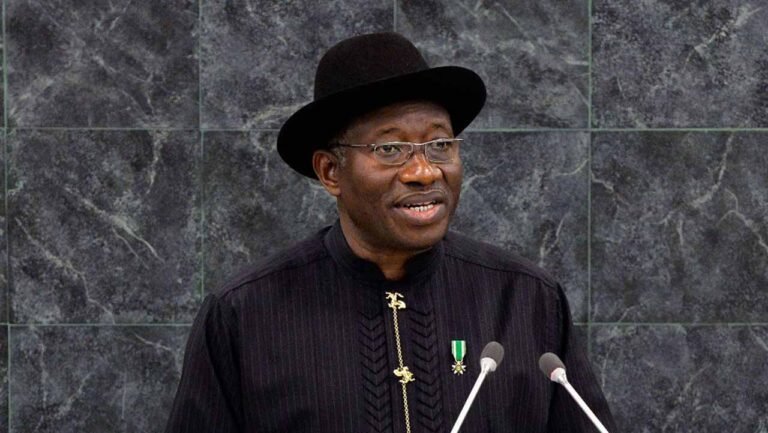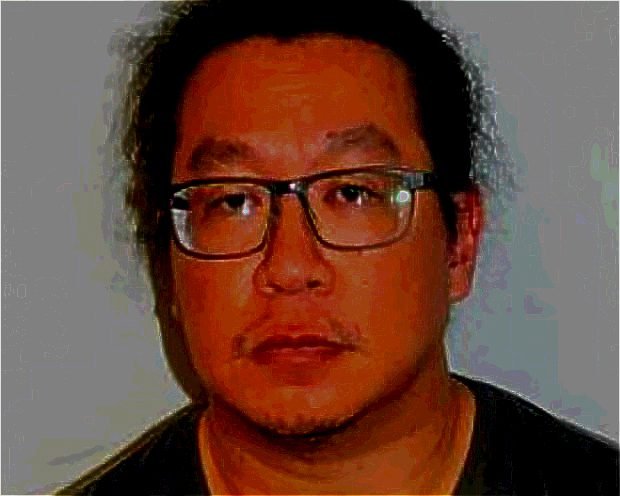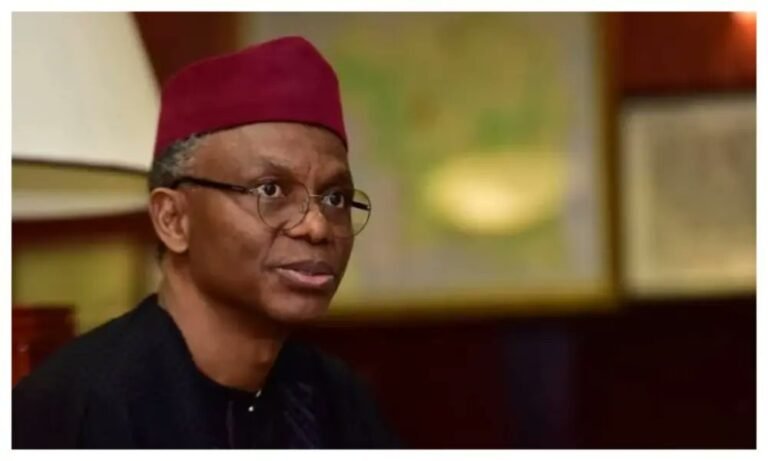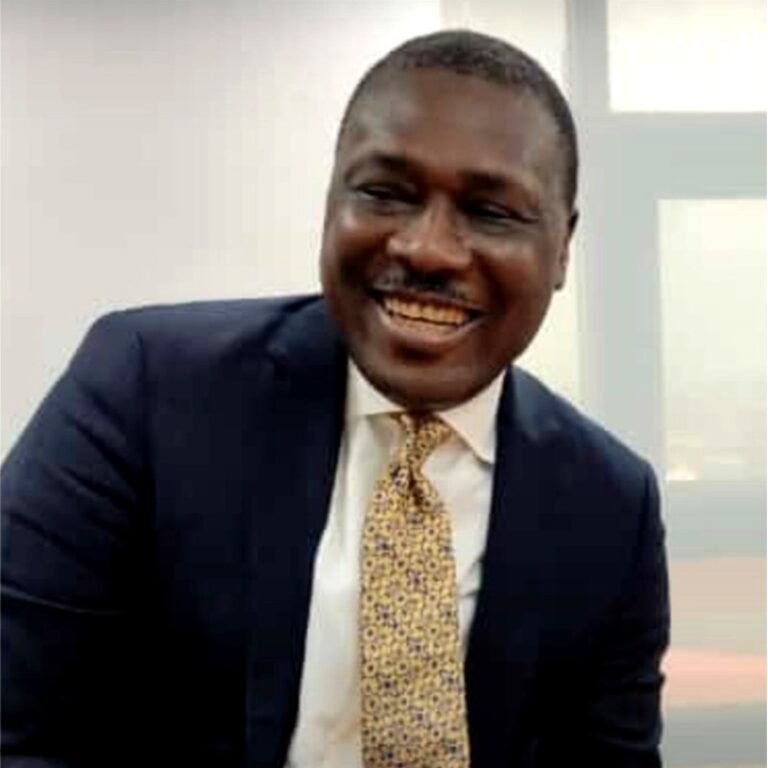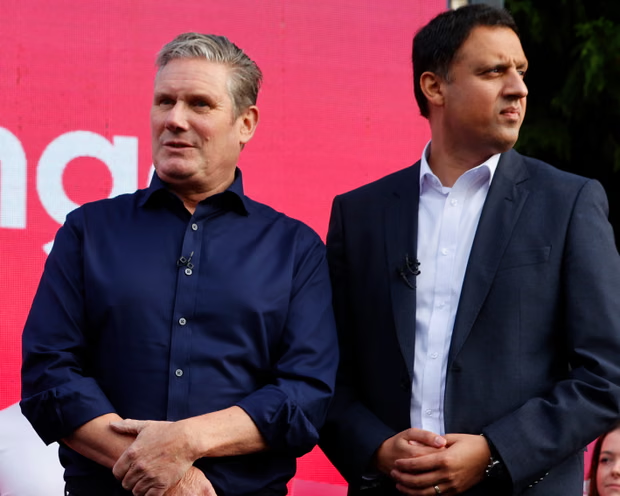Nigeria and several African Countries are billed to receive €510 million from the European Union (EU) in humanitarian aid for 2025. This figure is part of a planned €1.9 billion initial humanitarian aid set aside by the EU for 2025.
European Union Humanitarian Aid
The European Union (EU) is a major global humanitarian donor. In 2023, The EU allocated €1.7 billion to humanitarian aid, making it one of the largest donors globally.
It was followed up with the announcement of a global humanitarian aid of €1.8 billion for 2024. of this figure, Sub-Saharan Africa received the largest share accounting for 30% of the total budget.
EU 2025 Humanitarian Aid Breakdown
A closer look at the breakdown of the distribution of EU’s 2025 Humanitarian aid reveals that:
Middle East and North Africa: €375 million has been allocated to the wider Middle East, with an additional €95 million for North Africa and Yemen.
Ukraine: The fund has €140 million designated for Ukraine, with an extra €8 million for humanitarian projects in neighboring Moldova.
Africa: A total of €510 million has been allocated to support vulnerable populations across the African continent.
Latin America and the Caribbean: The region would get €113 million directed toward addressing crises in Venezuela, Colombia, Haiti, and regions affected by violence in Central America, Mexico, and Ecuador.
Asia and the Pacific: Approximately €182 million has been allocated for humanitarian assistance in this region, particularly focusing on the Myanmar crisis and its impact in Bangladesh, as well as the situation in Afghanistan.
Significance of Aid
The aid given to countries in different regions is aimed at assisting in their development efforts and addressing wider global challenges. The funding is greatly tracked by the EU in collaboration with other agencies to ensure accountability and effectiveness.











